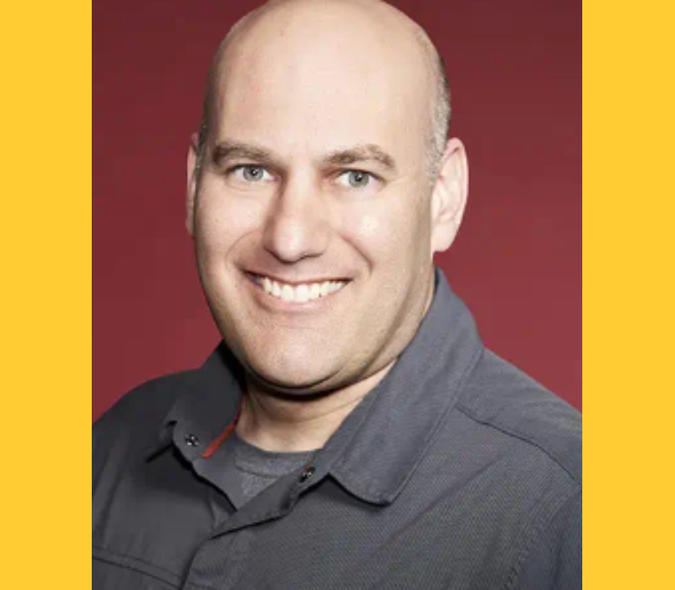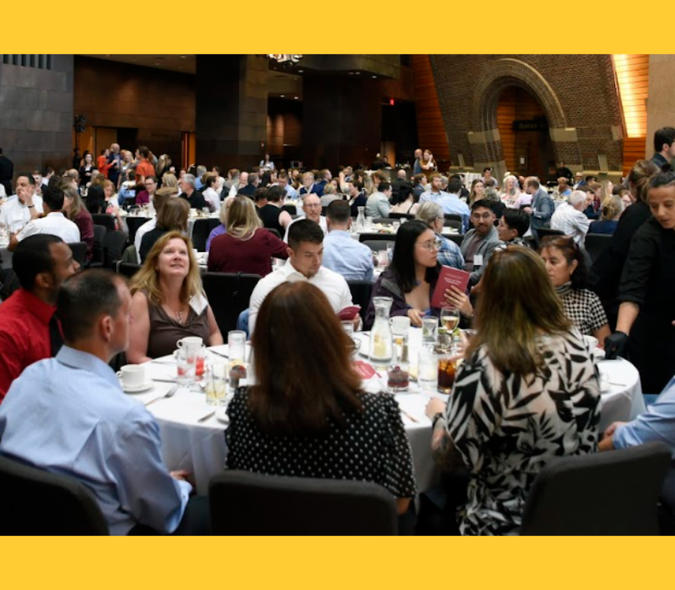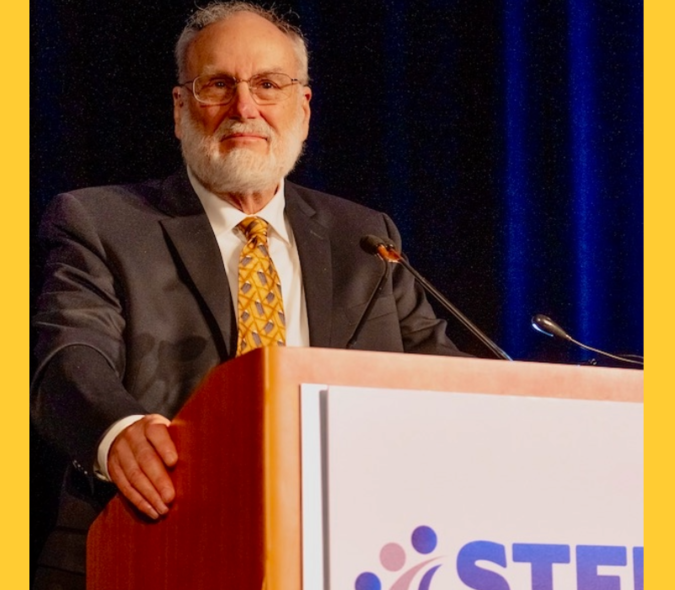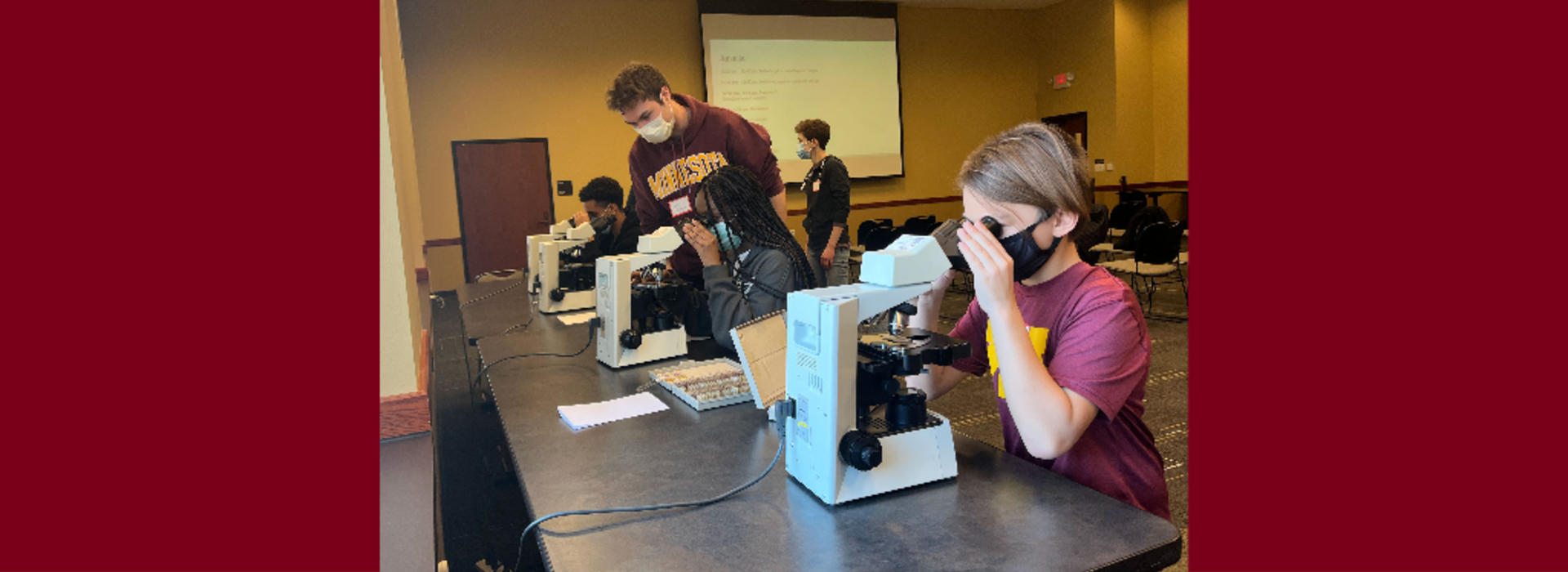
ALUMNI NEWS | Where Mentorship Leads to Empowerment: Dr. Ramsey Talks about The Ladder’s Mission
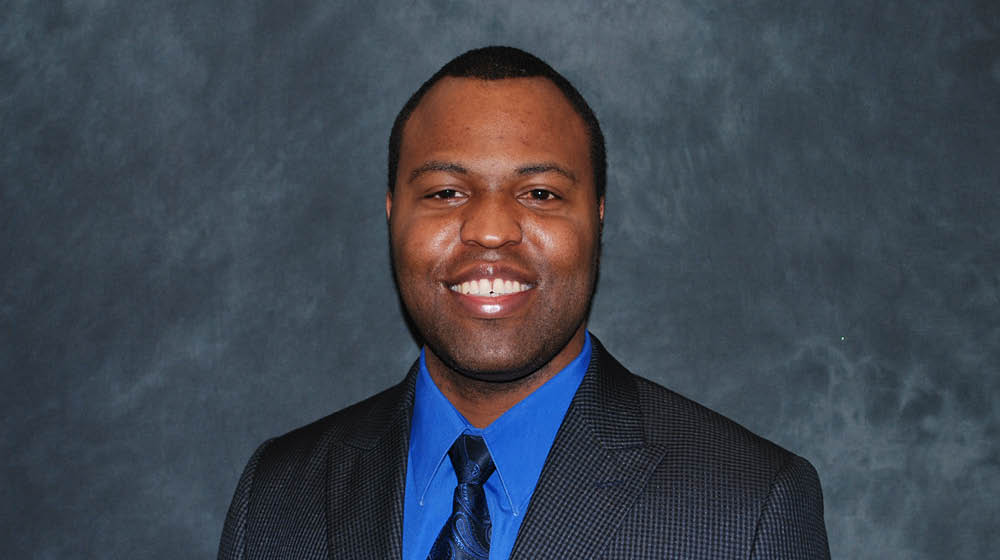
In this interview, North Memorial Family Medicine Residency Program faculty Lonzale Ramsey Jr., MD, explains the important work being done as part of the mentorship program The Ladder, which recently celebrated its 10th anniversary. Started in 2012 in North Minneapolis, The Ladder is an intergenerational, cascading mentorship club with a mission to inspire, empower, and prepare young people for careers in healthcare, medical fields, and science.
What is The Ladder?
The ladder is an intergenerational cascading mentorship program with members from the fourth grade through high school. The program is the brainchild of Dr. Renee Crichlow, who is a former faculty member with North Memorial Family Medicine Residency Program. In her work at the residency as well as in the University of Minnesota Medical School, Dr. Crichlow noticed that there were not a lot of students from the North Minneapolis underserved communities that were matriculating into medical school.
That led to some research and looking closely at the barriers that students face. The Ladder’s goal is to help eliminate a couple of those barriers. One example is to let children see physicians that look similar to them so that they know that becoming a physician is actually a possibility.
Another aspect to the program is mentorship. A mentor is a person that they can talk to, ask for advice on which courses to take, ask for advice about what to include in their essays, and things like that.
Can you expand on how that mentorship works?
The goal has been to make it cascading mentorship so that it wasn't just strictly mentors and mentees. Everyone in the program is generally able to mentor someone else but also be mentored.
I can take myself as a primary example. I came into The Ladder program as a fourth-year medical student on a visiting rotation from another institution. I went to one of the meetings and fell in love with it. I continued on as a resident, which meant that I was able to talk to and provide some mentoring and guidance to some undergraduates and medical students.
And then as a young resident, I was able to have mentoring from those that were higher up in residency as well as accomplished positions. That cascading mentorship is at the core of what The Ladder is: being able to learn from someone but also to reach back and help guide someone else.
Can you tell us about your involvement with the ladder?
I started as a fourth-year medical student while on an away rotation. Through my journey with The Ladder, I've gone through most of the roles that are available. At first I was going to meetings, being there, being a voice, being someone that has seen. And then I started teaching a couple of the activities and leading some of the sessions.
Now I am vice chair of the board for The Ladder for America, and we are now an official non-profit organization. I do a lot of work with the Minneapolis chapter because it's where we are based. I help support the students as they are developing curriculum and implementing their curriculums.
You mentioned activities. What kinds of activities go on there?
Yes. The Minneapolis chapter meets every second Saturday of the month. During those meetings, we usually have activities that are engaging for our youth and which also let an educator expose them to some aspect of health care.
We have had days based on things like cardiology, where young people will get a chance to practice using a stethoscope and understand the chambers of the heart and learn one or two things that can go wrong with the heart. We've had dental days where the dental school actually comes in and talks about how to brush your teeth and what sugar and plaque do to your teeth.
We've done sports medicine days where our scholars learn how to do splinting and casting and learn how to carry someone off the field if they're hurt. Once we had a food as medicine day where we had a local group come in and educate kids on the importance of making sure they're at least looking at the most important things on nutrition labels.
What has been most gratifying to you so far throughout your work with The Ladder?
Seeing the growth of the individual scholars has been rewarding for me. When I came in as a resident, some scholars were undergraduate students, and quite a few have matriculated into medical school.
I remember one in particular: he was a senior in college when I first started getting involved with The Ladder. He entered medical school and is now an interventional radiology resident. Watching that growth in the scholars is amazing.
We're also seeing growth of the program. The core of the ladder is that cascading mentorship. But as we have grown, we see that mentorship alone isn't enough for some scholars when they have to choose between coming to a meeting on Saturday or going to work. Or they have to decide between applying to a sixth medical school or paying for diabetic medications—or they simply can’t pay for medical school applications.
Now we're in the process of becoming so much more than mentorship; we are working toward tackling more of the barriers to entry. We are striving to make the goal of entering the medical field more accessible for our scholars.
What would you say to someone who is considering getting involved with The Ladder?
Anyone is welcome. We meet every second Saturday of the month at the UROC building in North Minneapolis. Whether someone is a mentor, doctor, nurse, veterinarian, dentist, pharmacy technician, pharmacist—all are welcome. We want to expose our scholars to all of the health professions to help them understand that it's not just a choice between a doctor and a nurse. There are so many options.
We also encourage adult learners to get involved because it is never too late. One of my fellow residents in my cohort had a career as an actor before he decided to become a doctor. So if someone is in an established career but thinking about entering a health profession, we are happy to connect them with mentees or mentors. Just to see somebody being a success in whatever it may be and still have that desire to be in healthcare is beneficial for our scholars as well. I invite anyone to look us up and learn more at TheLadderForAmerica.org.
